A walk in the woods on the campus of Good Will-Hinckley is a delightful experience rich with natural beauty and interesting history. The 1,000-acre property on the banks of the Kennebec River in the village of Hinckley (part of Fairfield in Somerset County) features some 6 miles of meandering footpaths and so much more worth a few hours of contemplative exploration.
Hidden among the mixed forest of conifers and hardwoods are at least 12 historic stone monuments built between 1912 and 1940. Each structure is unique and serves as a memorial to an important person or period in the colorful early timeline of this place, which was established in 1889 by George Walter Hinckley as a home, school and farm for underprivileged boys.
Today, the grounds of the Good Will-Hinckley Home for Boys and Girls – part of which was once farmland owned by the family of Maine’s former U.S. Senator Margaret Chase Smith – are home to not only trails, but the Maine Academy of Natural Sciences, the Glenn Stratton Learning Center, the College Step-Up program, and the L.C. Bates Museum, an early 20th-century natural and cultural history museum.
The trails begin immediately behind the L.C. Bates Museum, a stone’s throw from the 16-by-24-foot steel work, “Christopher,” a geometric minimalist sculpture created in 1971 by John Raimondi, who was an artist-in-residence at what was then the Haystack-Hinckley School. A kiosk nearby with a large trail map will get you started on the right foot.
Along the Dartmouth Trail, look for the Roosevelt Monument dedicated to Theodore Roosevelt, the former President, conservationist and naturalist. The field stone pillars of the Dartmouth Trail entrance were built with funds from the Outing Club of Dartmouth College. The Murray Tablets are dedicated to Adirondack Murray, also known as William Henry Harrison Murray, whose 1869 book, Adventures in the Wilderness, introduced city dwellers to camping in the Adirondack Mountains of upstate New York and earned him the title, “Father of the Outdoor Movement.”
Hinckley’s son, Walter Palmer Hinckley, was a 1909 graduate of Bowdoin College and named the Bowdoin Trail. Along it you’ll find the Bowdoin Boulder, its bronze plaque bearing a passage on the meaning of college work. At the Bowdoin Circle, 12 plaques are inscribed with snippets from works on the beauty of trees.
The Continental Trail winds through the back side of the property. The trail’s Sunset Trail entrance is composed of rocks gathered from locales across the country, including Mount Mitchell in North Carolina, California’s Death Valley and Maine’s own Katahdin. The stone and log Granite House was designed for exhibiting Maine granites, while on the walls of the Bird Sanctuary there are quotations about birds by noted authors. The Sunrise Trail entrance to the Continental Trail was constructed with stones from Lake George, New York, the Revolutionary War battlefield at Concord, Massachusetts, and the nearby home of 19th-century essayist and leader of the transcendentalist movement, Ralph Waldo Emerson.
“Memorials are valuable because: first, they take us into the past and show us why we should be grateful; second, they inspire us to emulate the examples memorialized; and third, they beckon into the future,” wrote Hinckley in 1939. Collectively, these memorials in the woods are, perhaps, as much a tribute to George Hinckley, who through his selfless desire to help youth in need forge a better life, touched thousands over his 47 years as a minister. It’s likely that you, too, will be moved by this special place and its extraordinary story.
Time your visit just right and you’ll be able to enjoy one of the great breakfast specials at Flatlanda Diner on Route 201 a mile north of I-95. Then with your belly full, wander around the Good Will-Hinckley trails at will. And post-hike, head north to Skowhegan and Bigelow Brewing for a refreshing craft brew and an awesome wood-fired pizza.
With your satisfying adventure complete, on the ride home you might just find yourself humming a few bars from George Hinckley’s “Trail Song,” written in 1914: “… When the day’s work is over, and the bright sun has set, in a sea of purple and gold, I will think of the trails and the quiet of their shade, and my spirit shall never grow old.”
Carey Kish of Mount Desert Island is an award winning member of the Outdoor Writers Association of America. His latest book, Beer Hiking New England, will be out in print in mid-February. Follow more of Carey’s adventures on Facebook and Instagram @careykish
Copy the Story LinkSend questions/comments to the editors.

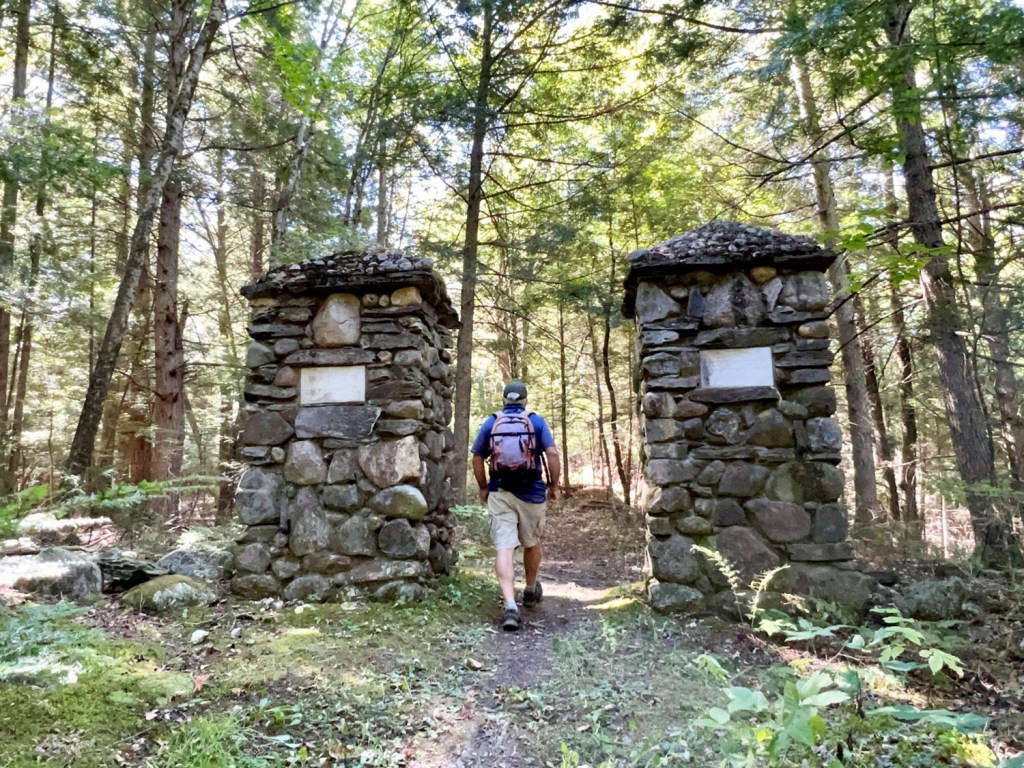
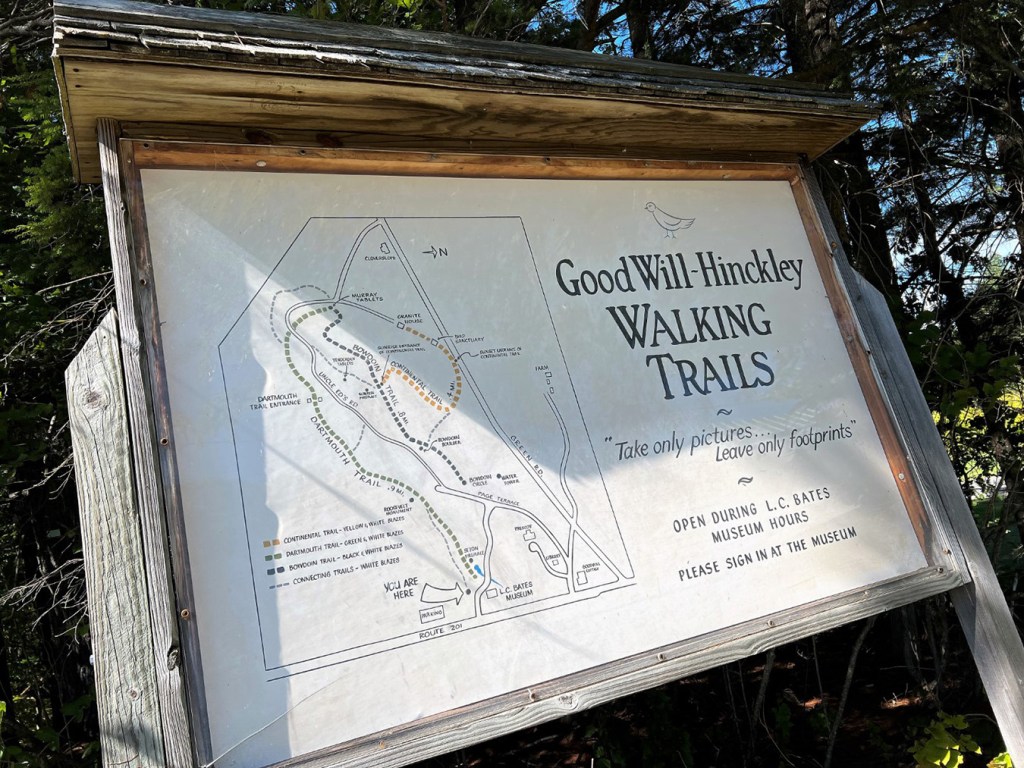
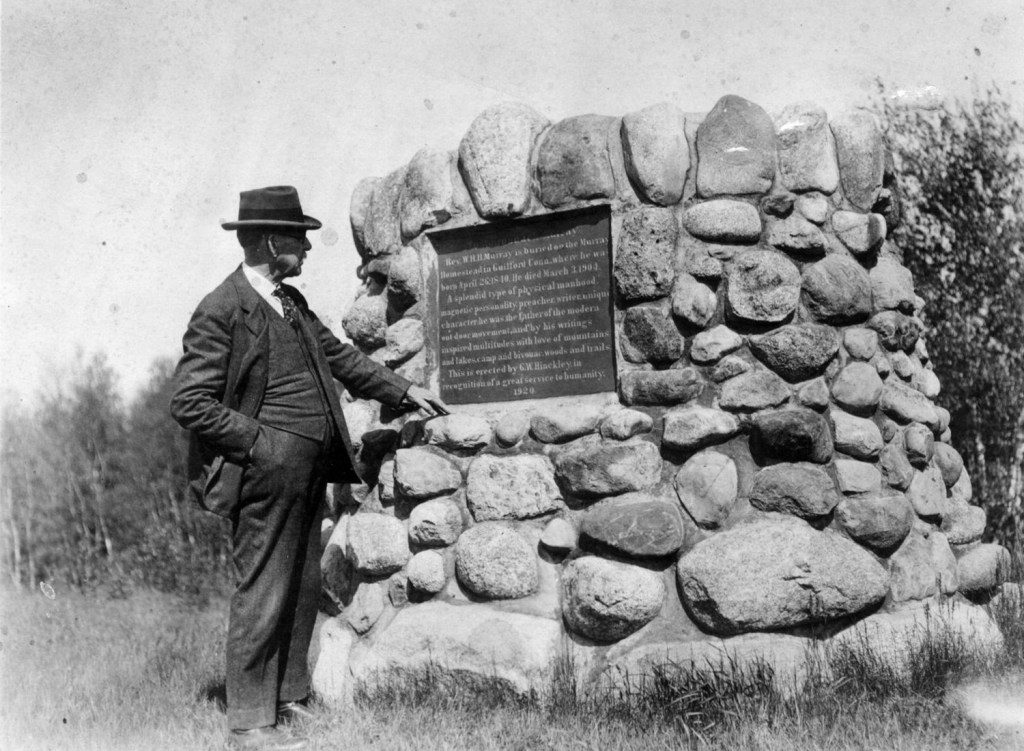
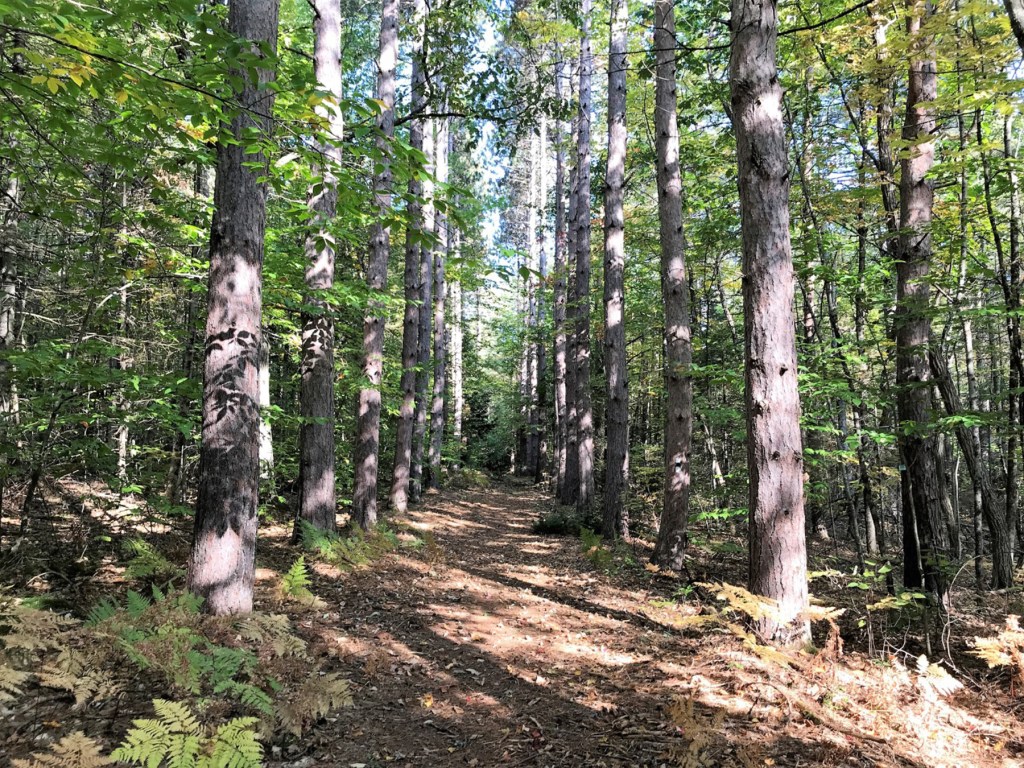
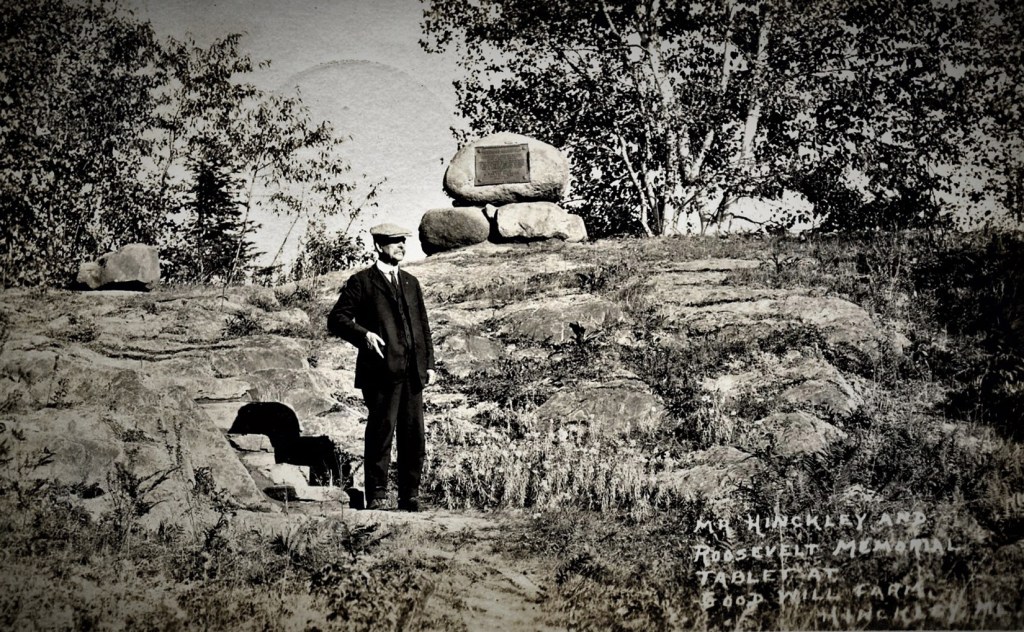
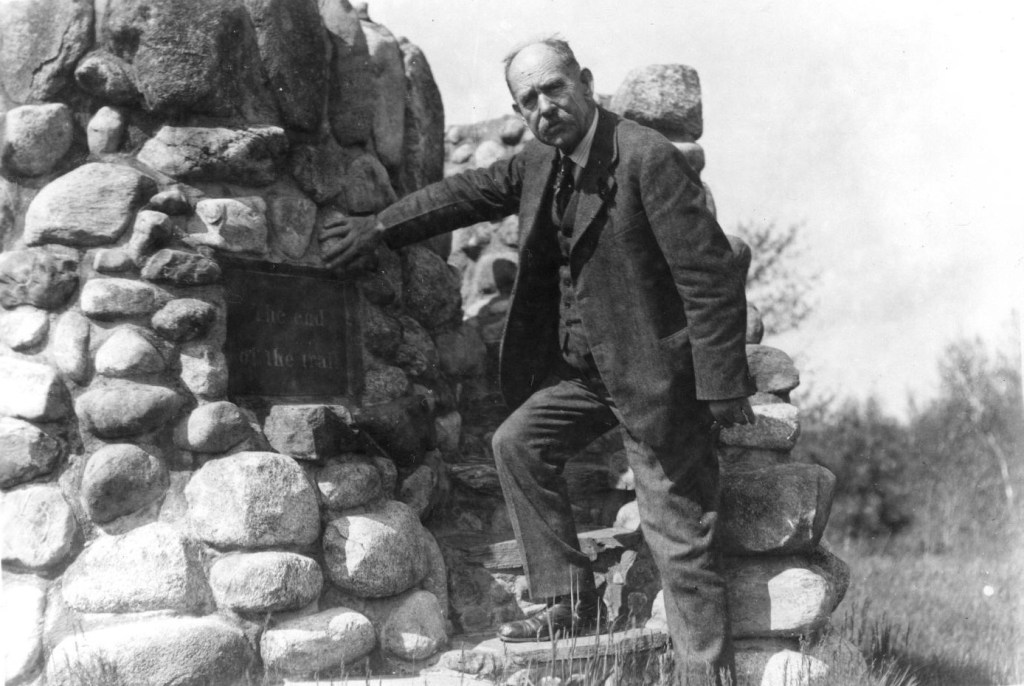
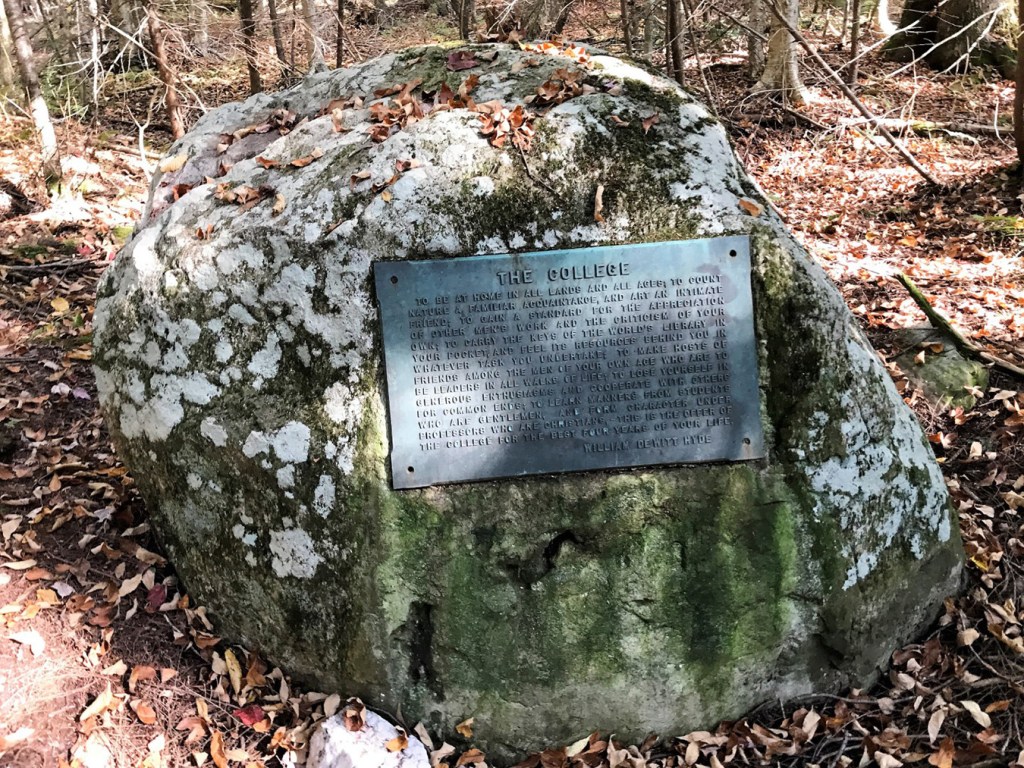
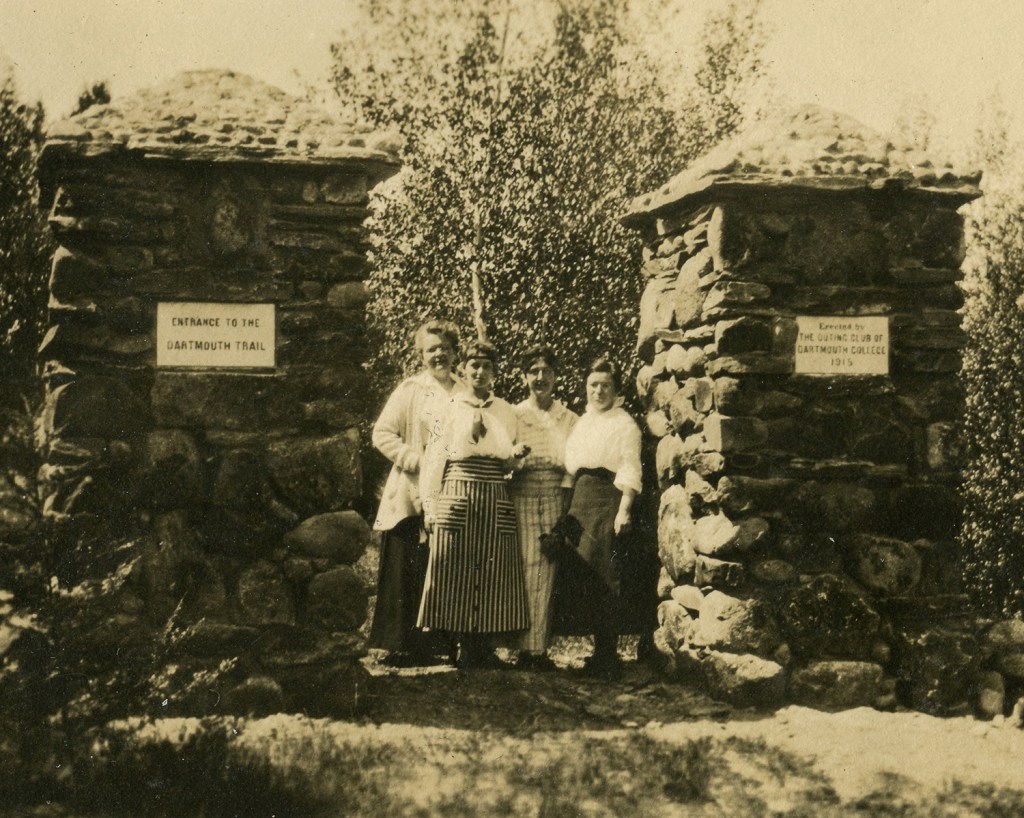
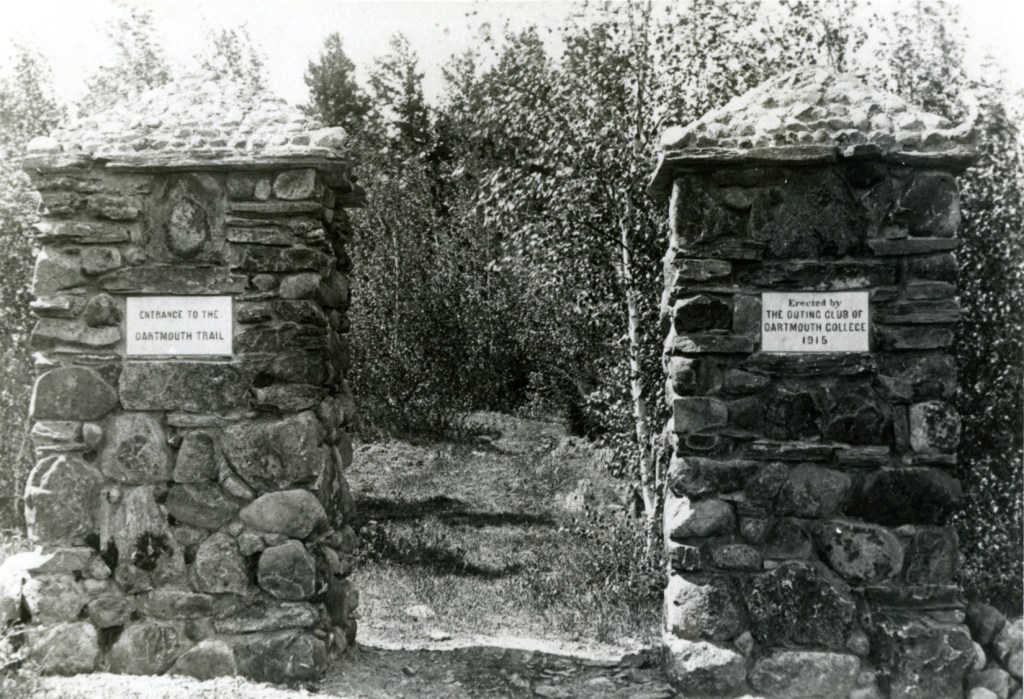
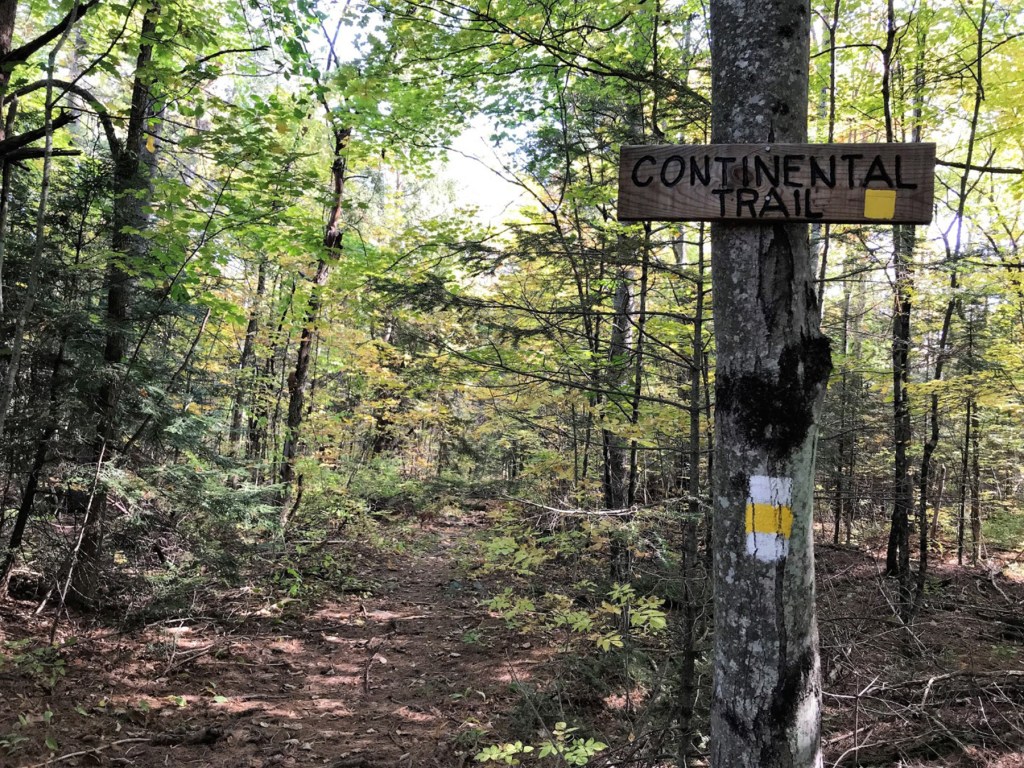
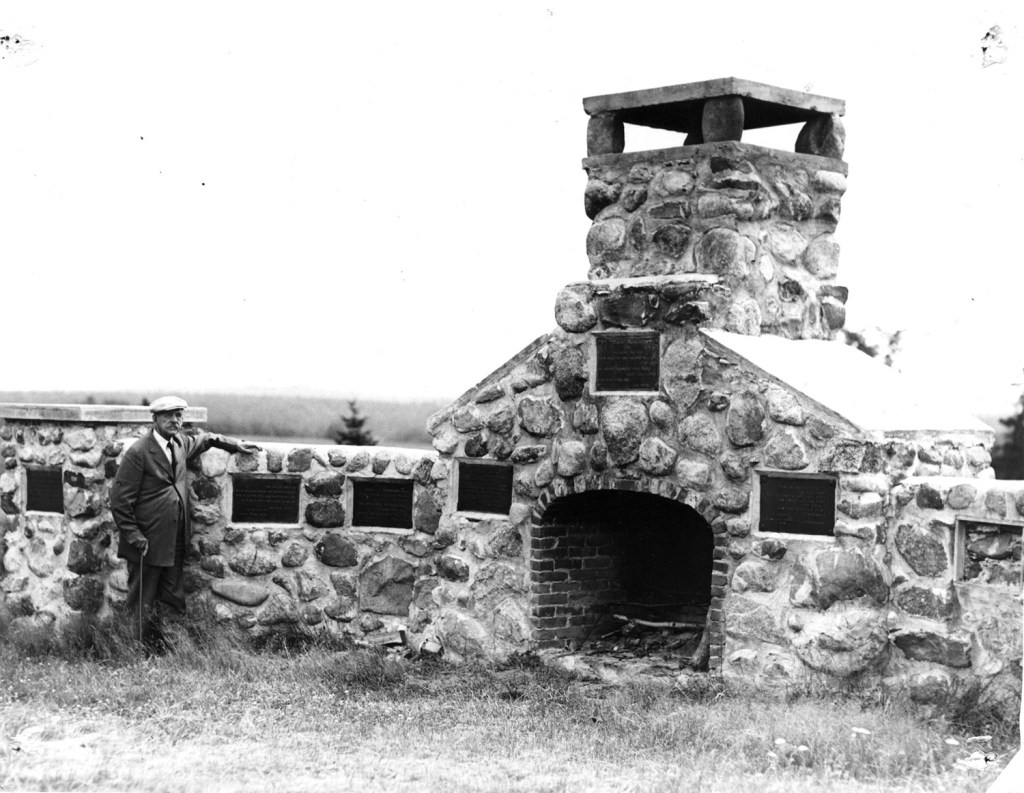
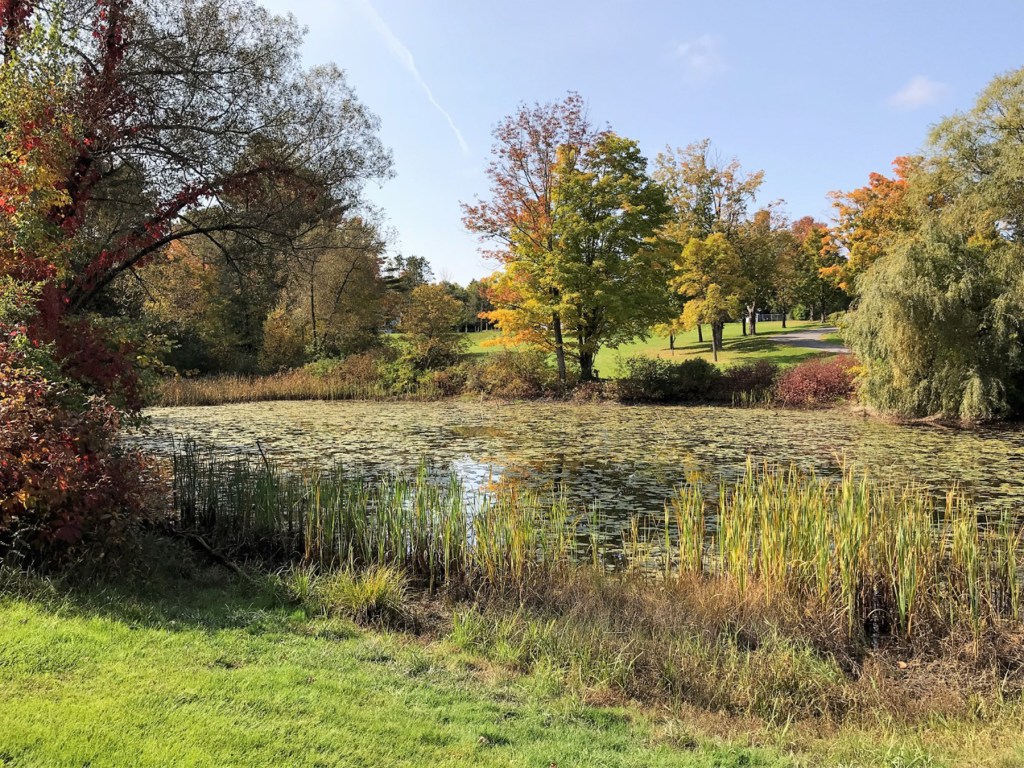
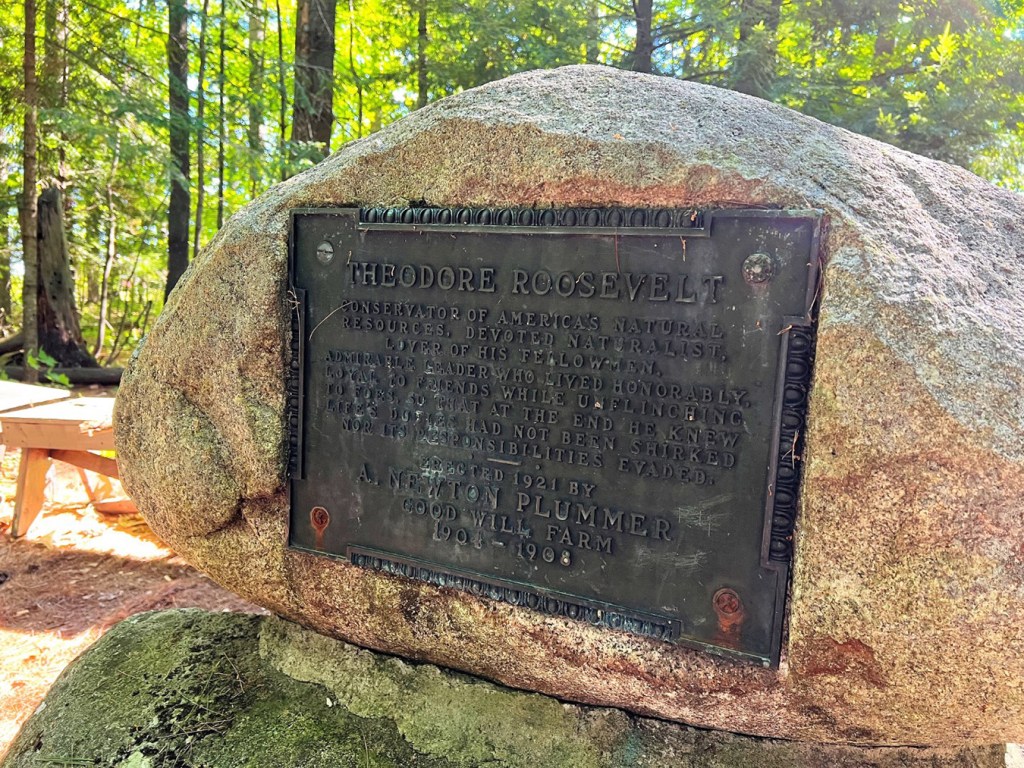
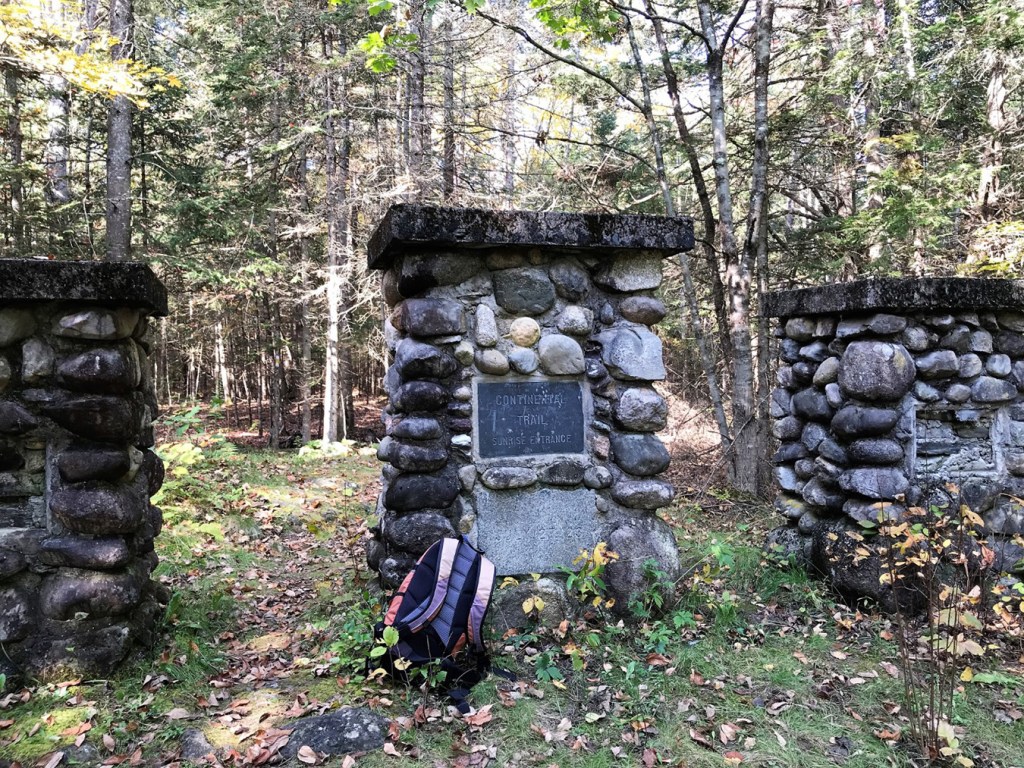
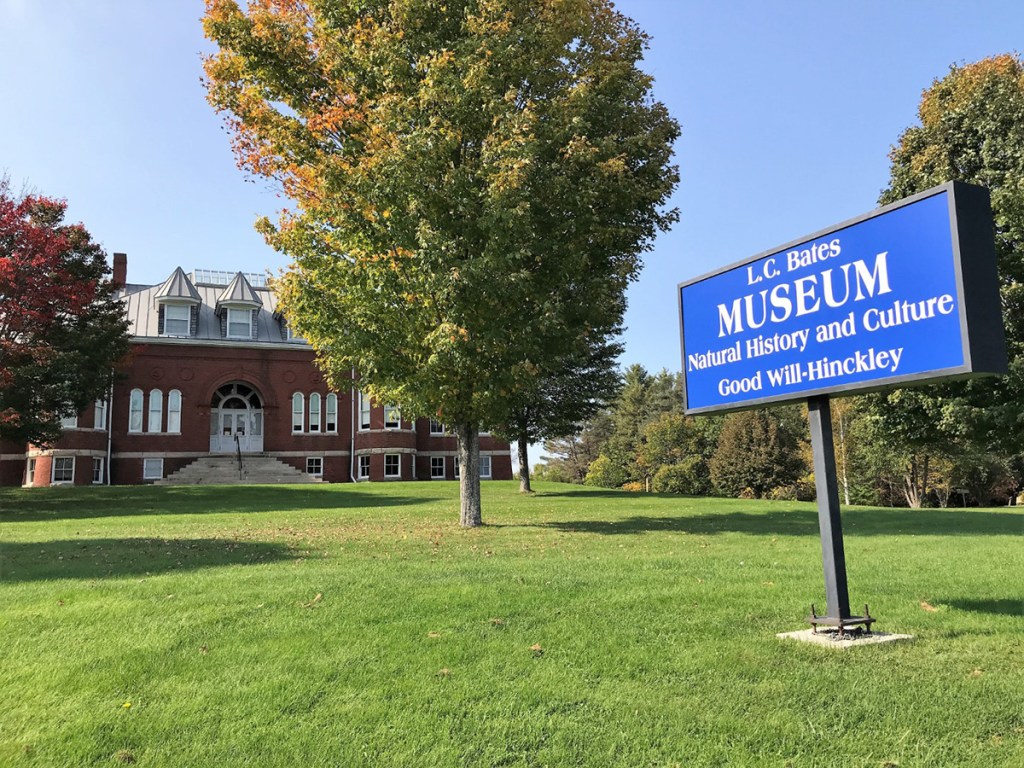

Success. Please wait for the page to reload. If the page does not reload within 5 seconds, please refresh the page.
Enter your email and password to access comments.
Hi, to comment on stories you must . This profile is in addition to your subscription and website login.
Already have a commenting profile? .
Invalid username/password.
Please check your email to confirm and complete your registration.
Only subscribers are eligible to post comments. Please subscribe or login first for digital access. Here’s why.
Use the form below to reset your password. When you've submitted your account email, we will send an email with a reset code.